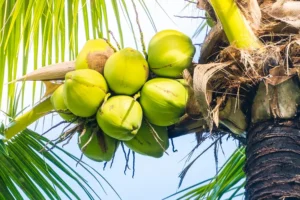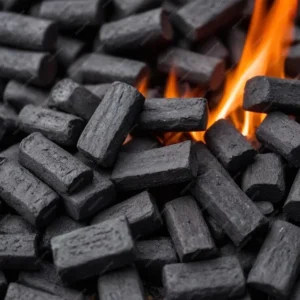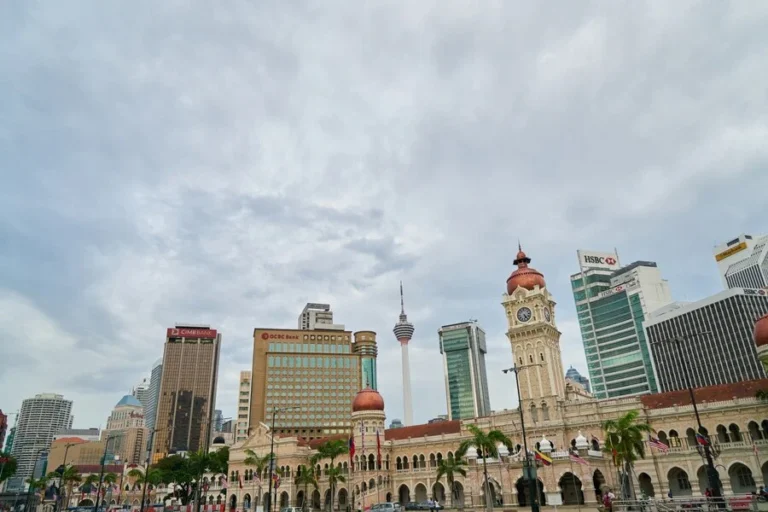As awareness of environmental impacts increases, many people and industries are turning to more sustainable energy sources. Coconut charcoal briquettes have emerged as one of the popular options, mainly due to their renewable raw materials and cleaner production process. Let’s discuss why coconut charcoal briquettes are considered an environmentally friendly alternative energy source.
- Renewable Raw Materials Coconut charcoal briquettes are made from coconut shells, which are agricultural waste. Instead of throwing away coconut shells, industries utilize them to produce energy. Since coconut is a renewable resource, this makes coconut charcoal briquettes a much greener option than non-renewable fossil fuels like coal.
- Cleaner Production Process The process of making coconut charcoal briquettes involves pyrolysis, which is the heating of coconut shells under conditions of minimal oxygen. This process produces charcoal that can be turned into briquettes without the use of harmful chemicals. In addition, this process produces fewer emissions than direct burning of wood or coal, reducing air pollution.
- Lower Carbon Emissions When used as fuel, coconut charcoal briquettes produce lower carbon emissions compared to coal or firewood. This is because coconut charcoal briquettes burn more efficiently, producing more energy with less waste. This reduction in carbon emissions is important in the global effort to reduce carbon footprints and fight climate change.
- Reduced Deforestation Wood charcoal production is often associated with deforestation, which negatively impacts biodiversity and accelerates climate change. In contrast, the production of coconut charcoal briquettes does not require cutting down trees, as it uses agricultural waste as raw material. This helps reduce pressure on forests and protect fragile ecosystems.
- Improved Local Economy In addition to being environmentally friendly, coconut charcoal briquette production also provides economic benefits to local communities. Many coconut farmers and artisans in rural areas benefit from the demand for charcoal briquettes, which increases their income and creates jobs. This makes coconut charcoal briquettes an energy option that is not only good for the environment, but also for the community.
Conclusion Coconut charcoal briquettes offer many advantages as an environmentally friendly alternative energy source. With renewable raw materials, cleaner production processes, lower carbon emissions, as well as contributions to reduced deforestation and improved local economies, coconut charcoal briquettes are a wise choice for those who want to support sustainability and take care of our earth.














